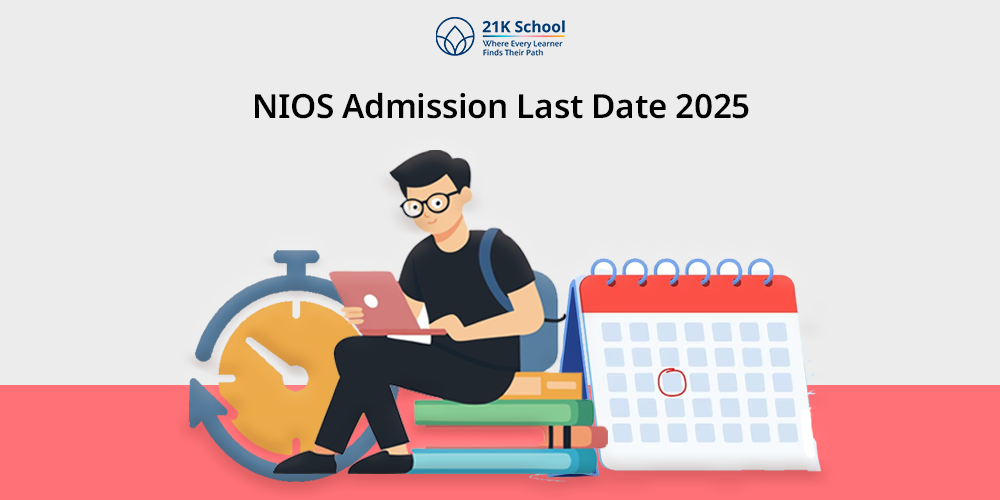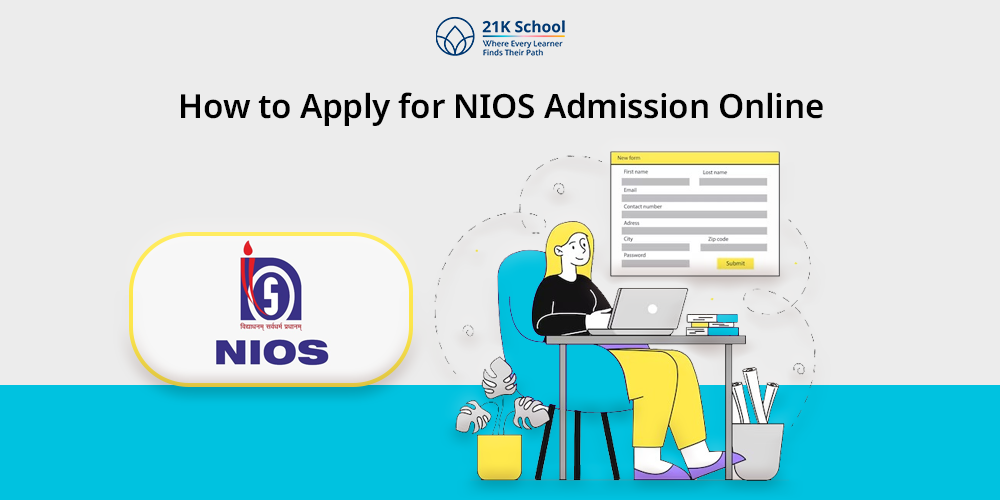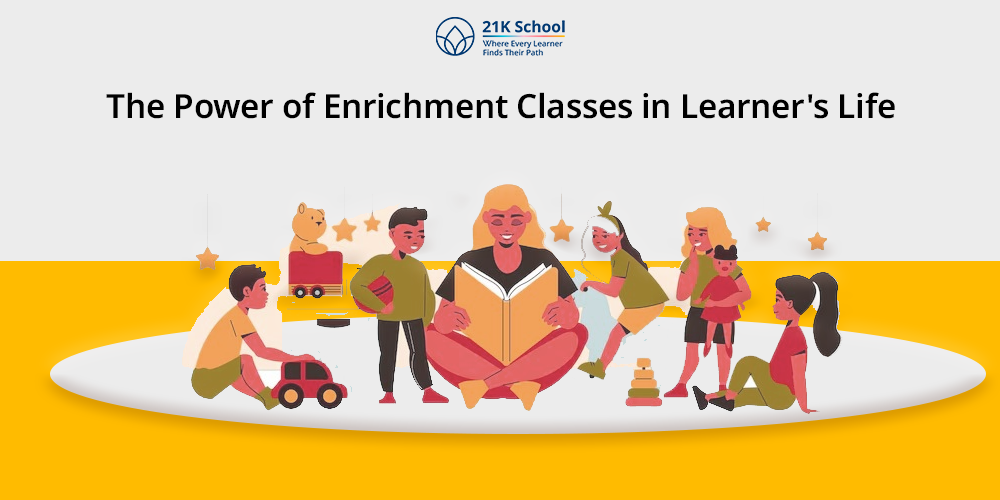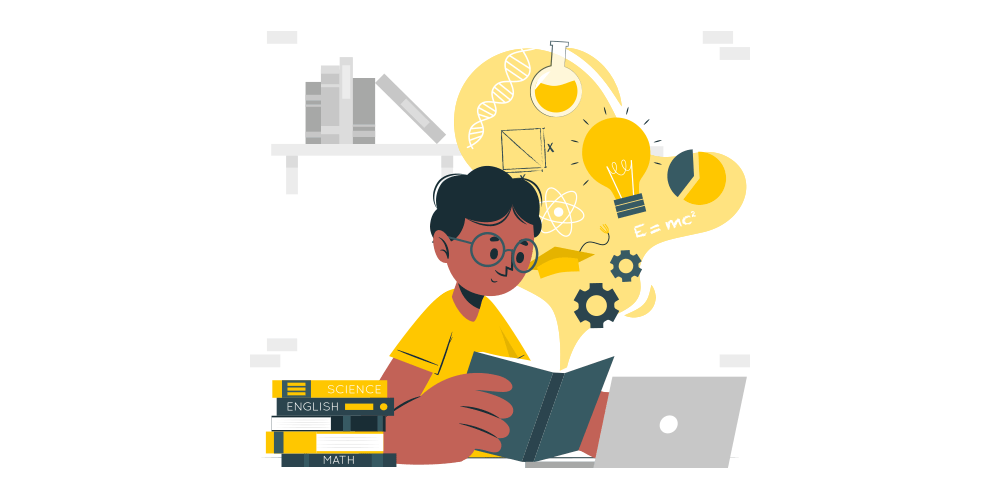
Learning can take a plethora of forms, from a lecture hall full of students listening to a professor to a one-on-one mentorship program.
One of the most effective forms of learning is personalized learning, which refers to an approach of learning where planning, teaching, and assessment are based on the specific needs and interests of each student.
In a personalized learning approach, instructional designs, as well as academic-support strategies, are specially tailored to cater to each student’s needs instead of involving uniform lesson planning.
The evolution of classroom technology has enabled today’s educators to deliver and develop student-centered lessons.
With more and more academic programs and educational institutions adopting this approach of learning, here is a list of the top 5 benefits of personalized learning you should know about.
Table of Contents
Top 5 Benefits of Personalized Learning
1. Increases Student Engagement
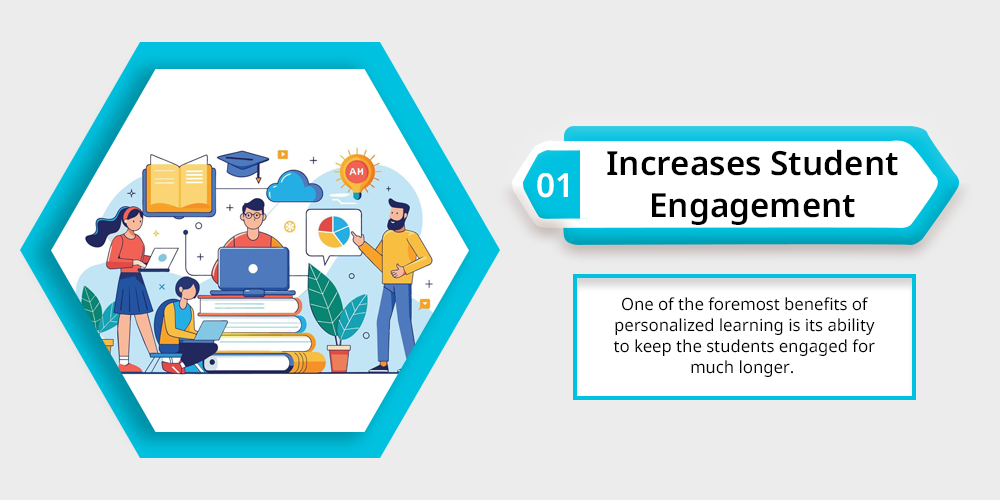
One of the foremost benefits of personalized learning is its ability to keep the students engaged for much longer. This is because students are more likely to retain and interact with content focused on their current role, area of work, or projects.
The learning is significantly more engaging when the content is both personalized and relevant. In such cases, the students will certainly spend more time learning and put in extra effort to absorb as much of the information being taught as possible.
Since personalized learning considers individual needs, abilities, aspirations, and interests, it creates dynamic classrooms conducive to personal growth as well as academic achievement.
2. Motivates Students
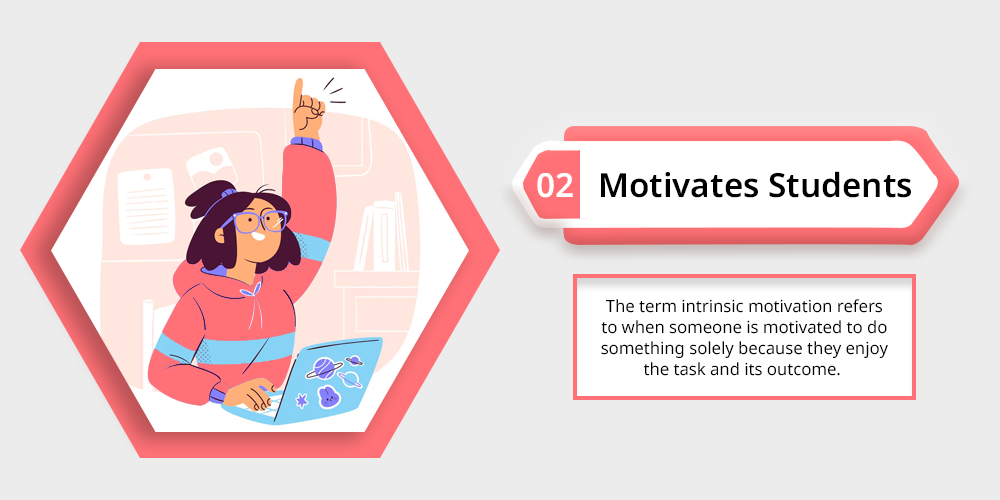
The term intrinsic motivation refers to when someone is motivated to do something solely because they enjoy the task and its outcome.
Another one of the major benefits of personalized learning is that it intrinsically motivates students to learn. They don’t require any additional nudge or push to get engrossed in their lessons.
Instead of being forced to learn something they don’t like, they can choose something that is meaningful to them.
Personalized learning motivates them to put their best foot forward and invest significant time and energy into performing as well as they can.
3. Allows Students to Move at Their Own Pace
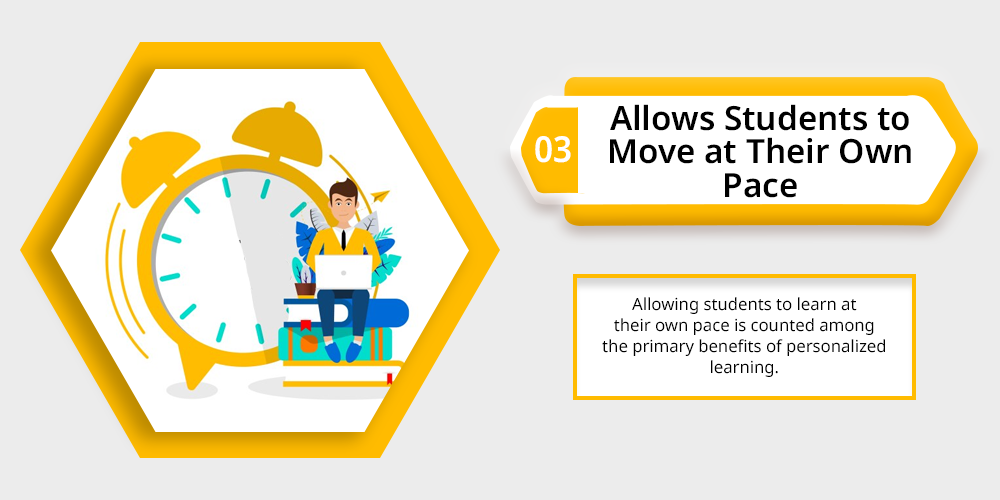
No two students are the same. Each student has his/her own weaknesses and strengths.
Traditional classroom learning forces all students to move together, causing some students to fall behind while others are required to slow themselves down.
Allowing students to learn at their own pace is counted among the primary benefits of personalized learning. This gives each student a chance to learn more about the subject they excel at and take their time where they struggle.
It prevents talented students from having to slow themselves for the sake of others and feel bored, distracted, and disconnected from the lessons.
4. Ensure Better Results
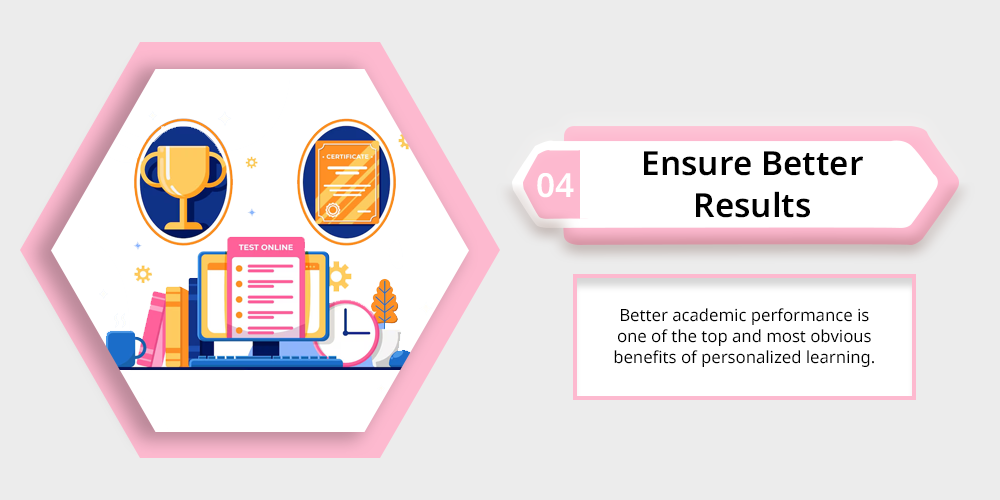
Better academic performance is one of the top and most obvious benefits of personalized learning.
This approach of learning provides students with content that is not only relevant and engaging but also memorable and actionable.
When students are more engaged and motivated, they are bound to perform better than usual.
After all, they’ll be inclined to spend more time learning and trying to absorb new concepts, which will definitely lead to better results.
5. Hones Students’ Self-advocacy Skills
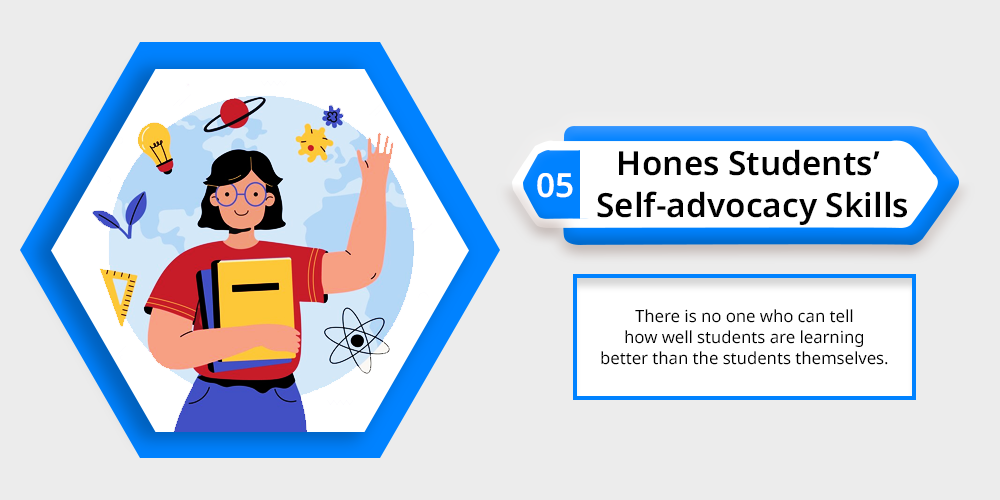
There is no one who can tell how well students are learning better than the students themselves.
Another one of the biggest benefits of personalized learning is that it provides students with the attention they need to figure out what they need to grow.
Personalized learning not only gives them the power to speak up about the challenges they are facing but also reassures them that they’ll be able to overcome every problem.
Allowing students to speak openly about their learning process makes them independent and teaches them self-advocacy.
These are just the top five of the many benefits of personalized learning. This model of learning is evolving every day and is expected to take over the education industry in the coming years .
So, take full advantage of this learning approach for the best results and a rewarding experience.

